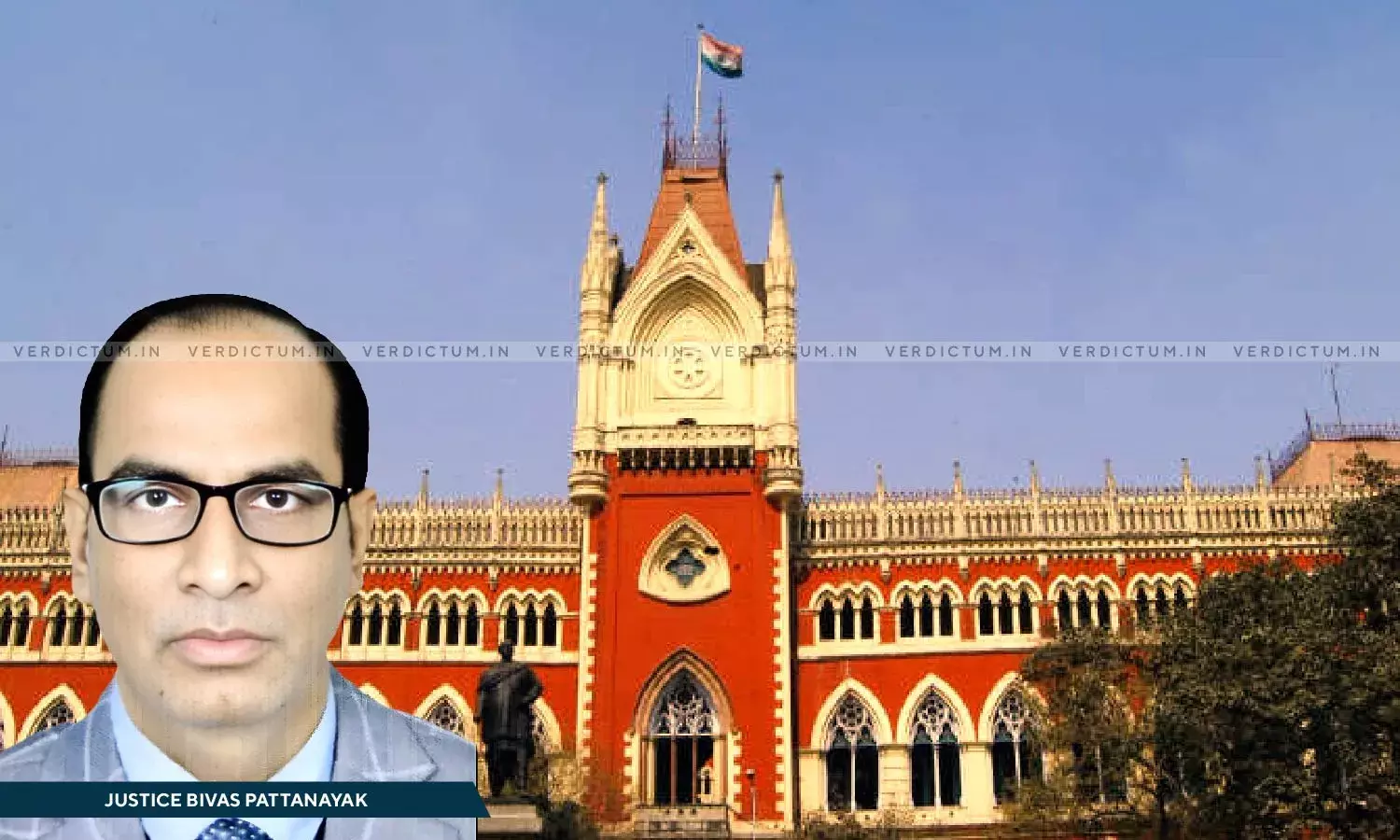Necessity Depends On Facts Of Case: Calcutta HC Dispenses With Personal Attendance Before Trial Court In Case Under Black Money Act

The Calcutta High Court dispenses with personal appearance of the Assessee before the Trial Court under the Black Money Act as the criminal complaint is entirely based on documents. At the same time, the High Court clarified that if any attempt is made to prolong the proceedings by taking advantage with the order dispensing with personal attendance, it shall be open to the Court to pass such order as is felt necessary.
A Single Judge Bench of Justice Bivas Pattanayak observed that “The question whether the petitioner is a housewife or a businesswoman is not of such material and the only aspect is to be looked into whether her attendance before the Court is necessary in the facts and circumstances of the case. The case of the complainant is based on documents”.
The Bench further added that “From the impugned order it is found that the learned Magistrate has not considered whether any useful purpose could be served by requiring the personal attendance of the accused or whether the progress of the trial is likely to be hampered on account of her absence”.
Advocate Sanjay Banerjee appeared for the Assessee while the Revenue was represented by Advocate Smita Das De.
As per the brief facts, the Revenue Department filed a complaint before the Magistrate alleging that the Assessee along with her husband and mother-in-law are directors and substantial shareholders of two BVI and two Hongkong companies. During search operation, it was found out these companies have bank accounts in Hongkong, neither of the bank accounts were disclosed in return filed by the Assessee in AY 2012-2013, 2013-2014 and 2014-2015 nor the compliance window under the Black Money Act (BMA) was availed. During proceedings under Section 50 of BMA, Assessee filed an application under Section 205 of the Code of Criminal Procedure (CrPC) with a prayer for dispensing with her personal appearance and be represented through her advocate on the ground that she is a housewife responsible for running day to day affairs of her house. The Trial court rejected such prayer.
The Assessee contended that complainant is based on documentary evidence, and thus, the personal appearance of Assessee before the Trial Court is not at all required.
Opposing the same, the Revenue Department argued that Assessee has projected herself to be housewife but she is carrying business with her husband and there is every possibility that she might leave the country.
After considering the submission, the Bench from reading the provision of Section 205 of CrPC, observed that the Magistrate is competent to dispense with personal attendance of the accused for which it may consider the nature of controversy and also consider if any useful purpose would be served by the requiring the personal attendance of the accused or the progress of the trial is likely to be hampered on account of his absence.
The Bench relied on the Apex Court ruling in Gajanand Goyal and Ors. versus Asiya Begum [(2005) 12 SCC 331] to dispense with personal appearance of the Assessee subject to the conditions that:
(i) undertaking before the Trial Court that the Assessee will not challenge her identity and the trial will proceed in her absence but in presence of her advocate-on-record;
(ii) undertaking before the Trial Court that the Assessee will appear as and when required by the Court; and
(iii) Assessee will not leave the country without the prior permission of the Court.
Thus, the High Court set aside the order rejecting application of Assessee under Section 205 of the Code along with the arrest warrant issued by the Trial Court.
Cause Title: Prerna Chopra v. Union of India and Anr.
Click here to read/ download the Judgment

